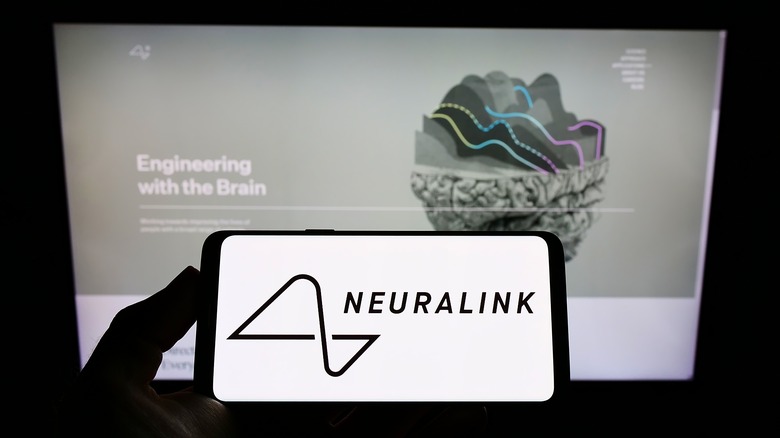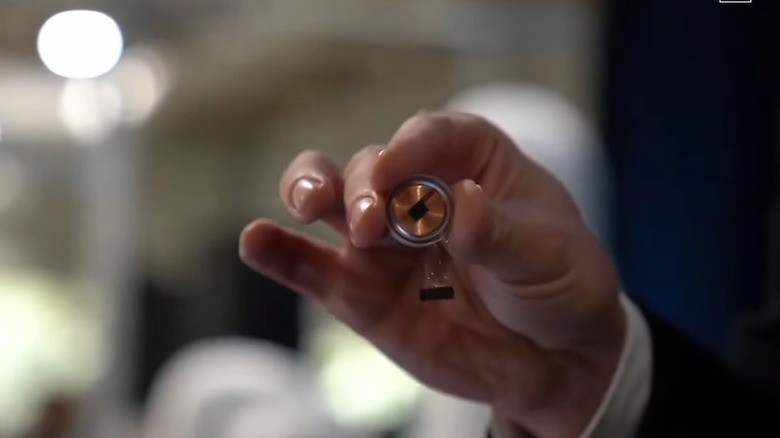Elon Musk's Neuralink Finally Gets FDA Approval For Human Testing
As 2022 came to an end, Elon Musk said that Neuralink was on track to begin human trials involving its brain-chip interface tech within the next few months. Today, the company announced that it has received approval from the U.S. Food and Drug Administration (FDA) to launch its first clinical trial involving human subjects. However, the company hasn't started the recruitment process yet.
The FDA approval follows a December 2022 announcement from Neuralink regarding the start of its patient registration process for volunteers willing to participate in human trials. Back then, the Musk-backed company was only inviting people living with conditions such as quadriplegia, vision loss, and the inability to speak, all of which it aims to cure with its brain implant.
We are excited to share that we have received the FDA's approval to launch our first-in-human clinical study!
This is the result of incredible work by the Neuralink team in close collaboration with the FDA and represents an important first step that will one day allow our...
— Neuralink (@neuralink) May 25, 2023
While skepticism remains about the promises made by Neuralink, the company has been actively looking for clinical partners to test its invasive brain-interface chip for a while now. The FDA approval is a major victory for Neuralink, as its last attempt to get such approval was unsuccessful. According to a March 2023 report by Reuters, insiders claimed the clinical trial application was rejected due to potential safety risks posed by the wires, alleged concerns over safe removal, and the lithium battery pack powering the device.
Rough journey so far, but tougher roads are ahead
Neuralink, which is currently testing its brain interface tech on monkeys (and which has also been accused of animal cruelty), targets the brain's motor cortex and claims to have the potential to fix everything from complete blindness at birth to restoring full-body movement in cases of paralysis. In a presentation that he gave last year about the tech's progress, Musk demonstrated two monkeys controlling a computer cursor with their minds via signals transmitted by the Neuralink implant. Another public demonstration showcased a macaque playing ping pong in a similar fashion.
In March, Reuters claimed the company had approached Arizona-based Barrow Neurological Institute about partnering with it for eventual human clinical trials, but so far, an official announcement about any such arrangement is yet to come. Meanwhile, it was reported in December 2022 that Neuralink faced an investigation by the U.S. Department of Agriculture over alleged animal welfare code violations. A couple of months later, the U.S. Department of Transportation kicked off a probe into the company over its alleged mishandling of hazardous materials as part of its animal trials.
Musk has said that the goal is to make the Neuralink brain chip implant process as simple as getting a LASIK eye surgery. Speaking on an episode of MIT researcher Lex Fridman's podcast, Musk claimed controversially that Neuralink "solves a lot of brain-related diseases. Could be anything from autism, schizophrenia, and memory loss." In the past, Musk also suggested that Neuralink could help treat disorders like Parkinson's and Alzheimer's disease.

